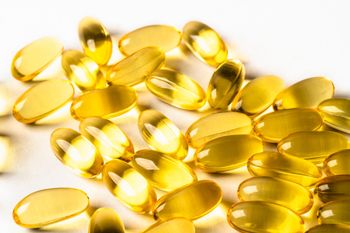
Animal Study Supports Resveratrol for Reducing Falls
While the conclusion comes from a mouse study, it could ultimately do well for human elderly.
Dietary intake of
Studies on resveratrol suggest potential benefits ranging from cholesterol and cardiovascular support to anti-aging effects. And if consuming the red wine compound could improve mobility, then that’s an added benefit for a vulnerable elderly population. Falls have been labeled the leading cause of injury-related death among people over 60.
To test the theory, researchers assigned young and old mice to a daily dose of resveratrol for eight weeks and assessed their mobility on a clever little course. The American Chemical Society explains:
“They [the researchers] periodically tested the rodents’ ability to navigate a steel mesh balance beam, counting the number of times that each mouse took a misstep. Initially, the older mice had more difficulty maneuvering on the obstacle. But by week four, the older mice made far fewer missteps and were on par with the young mice.”
The American Chemical Society notes that drugs can alleviate mobility problems, but they are used in extreme cases, such as Parkinson’s. For otherwise healthy adults, dietary resveratrol could be an option. More work is needed to assess human efficacy and proper dosage for resveratrol as a protective nutrient against falls.
Newsletter
From ingredient science to consumer trends, get the intel you need to stay competitive in the nutrition space—subscribe now to Nutritional Outlook.





